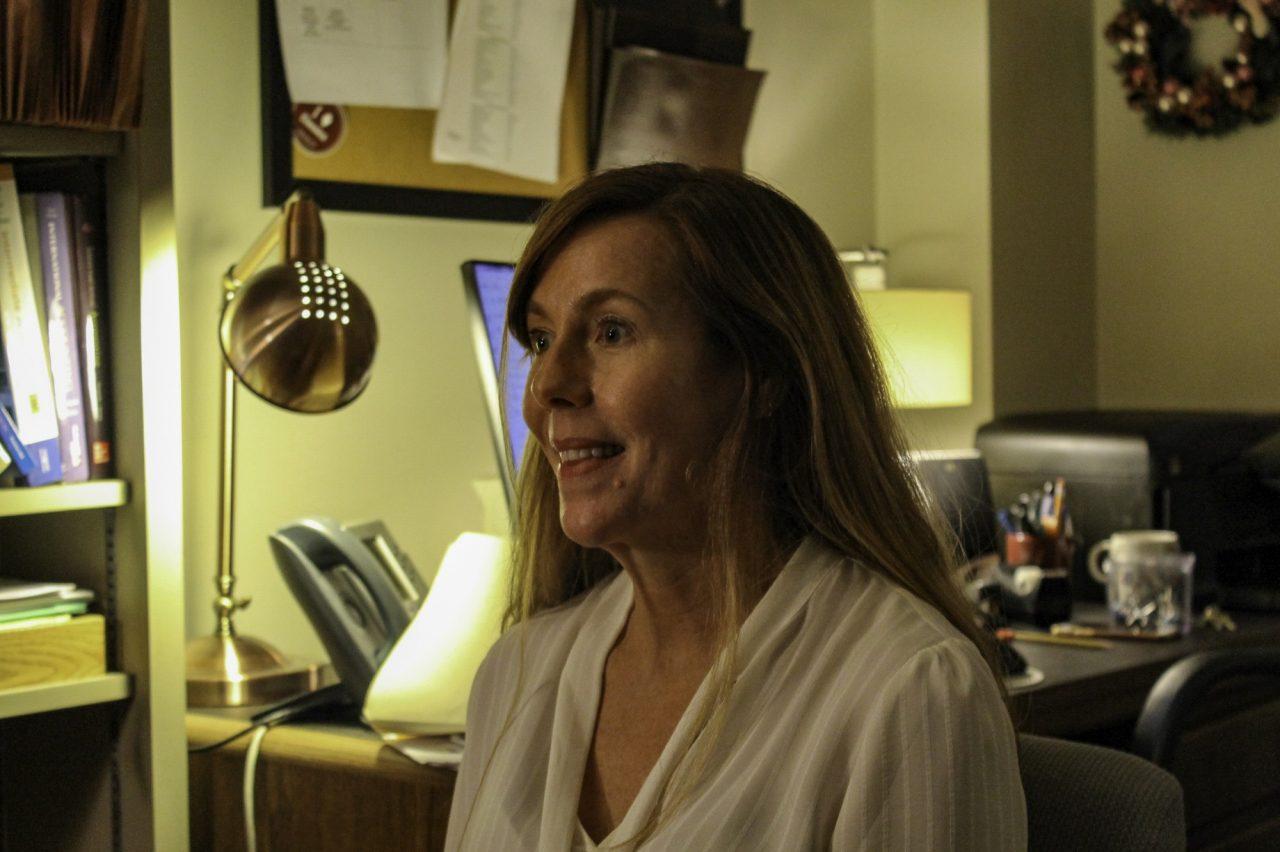Photo by Oliver Chapin-Eiserloh
Trinity’s graduate programs handle academic integrity violations through a version of the university’s original policy, approved 1996, which was once used for both graduate and undergraduate students. The newest version now used is called the Academic and Professional Integrity Policy and only applies to graduate students.
After the switch to the current Academic Honor Code for undergraduate students in 2003, graduate programs continued to use the original Academic Integrity Policy.
“That tells you an important distinction between the rules that apply to undergrads and the rules that apply to graduate students. Obviously academic integrity is important on all levels, so both the undergraduate Honor Code and the Academic Integrity Policy focus on those kinds of things,” said Duane Coltharp, associate vice president for Academic Affairs concerning curriculum and faculty development. “Professional integrity is not a standard that we codify and apply to undergrads but it’s absolutely crucial for any student in any of our graduate programs.”
Edward Schumacher, chair of the Health Care Administration graduate program, felt that the additional piece of professional integrity covers all the bases of graduate standards that the Academic Integrity Policy alone wasn’t able to cover.
“We found that the academic policy was great for specific courses, but there are a lot of things that the programs do that aren’t necessarily class-specific. If we went to a conference together and you did something that we would think inappropriate under the Academic Integrity Policy, since you’re not in my class, I really had no way of addressing that. But now we’ve created a mechanism by which we can address sort of overall professional behavior,” Schumacher said.
Violations and punishments for professional violations are parallel to those of academic violations. An example of an infraction on professional integrity is misrepresenting yourself on your resume.
The major difference between the graduate and undergraduate policies is the process for policy violations.
“[What] the Honor Code does is it places a tremendous amount of responsibility in the hands of the students serving on the Honor Council. So when you go to an Honor Code, you are essentially saying we trust the students as a population to regulate themselves and to enforce the same standards across the board to their fellow students. It’s an important statement of values to institute an Honor Code,” Coltharp said.
Instead of going through a student council, the Academic Integrity Policy begins with the professor assigning the penalty to the student based on the severity of the offense. Penalties range from a stern warning to dismissal from the university.
According to Julie Persellin, chair of both the undergraduate accounting department and the graduate accounting program, faculty members do not enjoy giving out these punishments.
“From a faculty member’s standpoint, this is not something we want or like to do. We feel very connected with our students and we absolutely want them to succeed. We do not want this to happen. It’s not a fun thing to do, it’s not an easy thing to do, and if there’s an instance where we have to report someone, it’s because we absolutely feel it’s necessary,” Persellin said.
The case could end there, or the student could appeal the case to the Commission on Graduate Studies, which Coltharp, Schumacher and Persellin are all a part of.
“The Graduate Commission becomes a body that hears appeals only in those cases where the students want to push it to that level. It doesn’t happen very often. It’s pretty rare that the Graduate Commission has to get involved,” Coltharp said.
If the student is unsatisfied with the decision given by the Commission on Graduate Studies, the student can appeal again, and this time, it will be taken to President Danny Anderson.
According to Schumacher, the Academic Integrity Policy system works better for graduate programs than a student council would.
“We just felt like it was not going to be feasible to do that. The logistics of that would have been really hard,” Schumacher said. “Given the timing of the graduate programs, having a consistent group wouldn’t really be feasible. And we felt like what we had in place actually worked pretty well.”







